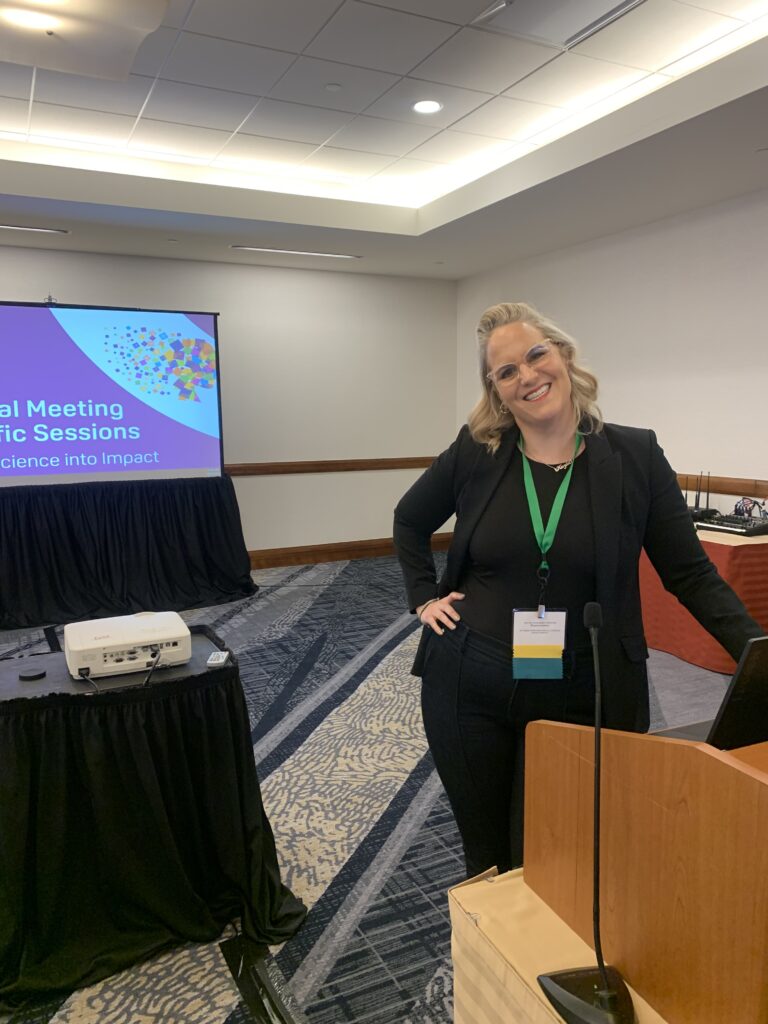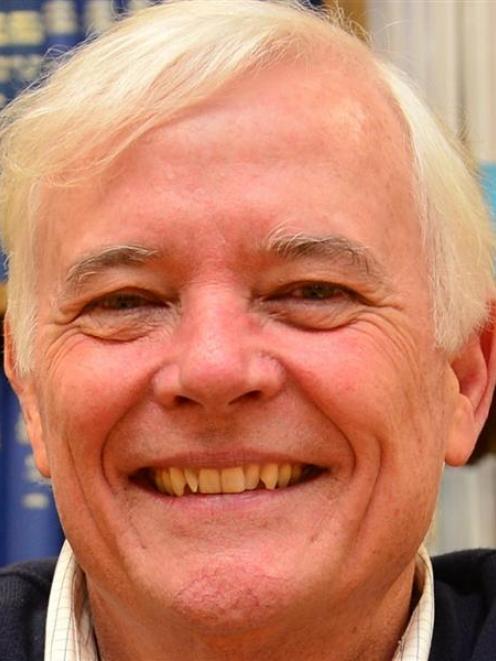Changes in patients’ family communication after offer of skin cancer genetic test
Melanoma is a serious preventable form of skin cancer. Genetic testing for skin cancer risk may help increase awareness. A team led by Dr. Jennifer Hay from the Memorial Sloan Kettering Cancer Center, and including Dr David Buller from Klein Buendel, examined how an offer for testing for the melanocortin-1 receptor gene (MC1R) may have enhanced communication surrounding skin cancer within families. The research team presented a poster of their findings at the 44th Annual Sessions and Meeting of the Society of Behavioral Medicine in Phoenix, Arizona on April 26-29, 2023.
The study examined frequency targets (which family member) and topics of family communication around skin cancer at a 3-month follow-up within a New Mexico study that randomized primary care patients (N=600; 48% Hispanic) to MC1R test invitation or usual care (Aim 1). Frequency and targets were assessed on 4-point scales (“not at all” to “a lot”) asking participants how often they talked with family and with each target. Topics were assessed by asking participants whether they discussed a series of topics with family. The impact of usual care genetic test refusal and test results (average or higher risk feedback) on frequency targets and topics of family communication was assessed using ANOVAs and Chi-Square tests (Aim 2).
Aim 1 analysis showed that at the 3-month follow-up the average frequency of overall family communication was between “a little” and “some”. The most common communication targets were spouses and children; the most common topic was sun protection. Aim 2 analysis showed no significant differences in communication frequency. However, communication targets who received high-risk feedback reported greater communication with their spouse compared to those in usual care. Lastly, the study found that certain topics of communication such as “who had skin cancer in the family” and “your own risk of getting skin cancer” were discussed more by those who had testing (both receiving average and high-risk feedback) than by those in usual care or by test refusers.
The findings provide important insight into family communication about skin cancer. The results indicate greater discussion with certain people and about certain topics when individuals had undergone genetic testing highlighting the potential role that genetic testing can play in fostering family communication. Future research could provide deeper insight into why individuals talk to certain people and about certain topics more than others as well as examine how family communication affects decision-making regarding offers for cascade genetic testing or interpretation of results.
This research was supported by a grant from the National Cancer Institute (CA181241; Dr. Jennifer Hay and Dr. Marianne Berwick, Multiple Principal Investigators). Authors in addition to Dr. Jennifer Hay include Ms. Caroline Salafia (poster presenter), Dr. Smita Banerjee, and Ms. Elizabeth Schofield from the Memorial Sloan Kettering Cancer Center; Dr. Andrew Sussman, Dr. Dolores Guest, and Dr. Keith Hunley from the University of New Mexico; Dr. Kimberly Kaphingst from the University of Utah; and Dr. David Buller from Klein Buendel.

















